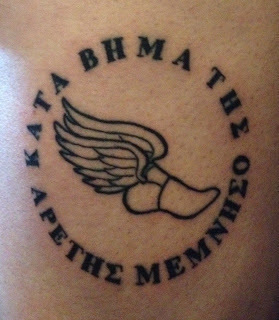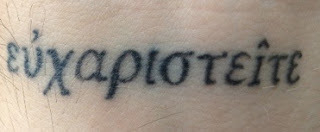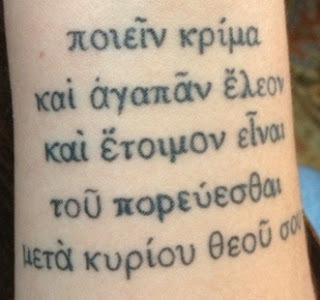Classics
- This short documentary about what Urban Rivers is doing with floating gardens in Chicago. They’ve made some habitat for one of the hardier species of unionid mussels native to the river. Did you know that some mature mussels can filter 20 gallons of water a day? Here in Sioux Falls I want to restore our river. Organizations like Urban Rivers can be a good inspiration for what we might do here. If this appeals to you, I suggest making a donation to Friends of the Big Sioux River. They do a lot of good work on a tiny budget.
- David Strayer’s Freshwater Mussel Ecology: A Multifactor Approach to Distribution and Abundance Strayer recognizes that ecologists often explain distribution in terms of general factors but without much quantification and precision. His book attempts to describe “a literal, quantitative prediction of the distribution and abundance of individual species.” (p. 6) Mussels are easy to overlook and often hard to find. They can be found in water that is still or fast-moving, clear or murky, shallow or deep. They might be embedded in sunken logs, deep in the benthos (the substrate at the bottom of a body of water), or wedged into the cracks of bedrock. And they might be in places where the current, or predators like alligators and snapping turtles make it perilous for biologists to seek them by diving an sticking their hands into dark places underwater! So I’m enjoying reading about other ways of modeling where they might be found.
- Suetonius' Lives of the Caesars, especially the section on Julius Caesar. Julius Caesar is remembered for many things, but if you click that link and then search for “pearl” you’ll see some of the ways mussels appealed to him. You might be thinking “Don’t pearls come from oysters?” Yes, they do. But they can also come from many other mollusks that have nacreous shells, including snails. Some freshwater mussels are called margaritiferidae, from Latin words that mean “pearl-bearing.” They are among the most threatened of the unionid freshwater mussels. The nacre inside unionid mussel shells is what many contemporary shirt buttons imitate, harking back to a century ago when we harvested mussels by the tons out of our rivers to turn them into pearly shirt buttons. Our quest for fashion did tremendous harm to the health of our rivers and left us with much dirtier water. Suetonius points out that Julius Caesar also had a taste for fancy pearls, and could guess the value of a pearl by holding it in his hand. He outlawed wearing pearls for most of Roman society, and gave a particularly large pearl to one of his mistresses. That pearl was worth six million sesterces, which is almost unimaginably expensive. Something about pearls really catches our eye, and Suetonius tells us that Julius Caesar’s invasion of Great Britain was motivated by his desire for pearls.
- Jesus told a story once about someone who was willing to sell everything he had to buy a single pearl. Those few sentences have had a broad effect on religions around the world. They also tell us something about the economy of fashion two millennia ago. Julius Caesar died a few decades before Jesus was born in a small part of the Roman Empire, so Jesus might well have been familiar with the elite Roman taste for pearls. Perhaps he had Julius Caesar in mind when he spoke of that man who sold everything. If so, that would turn Jesus' parable into a political commentary.
∞
Pearls
Reading this morning about freshwater mussels (surprise!) in four contexts:
If you know me, you know this is where I live: the intersection of classics, great texts, religion, invertebrate and riparian ecology, mathematics, and clean water. I need a simpler way to describe the intersection of my interests, but for this morning I’ll leave it at this:
This morning I’m reading about pearls.


